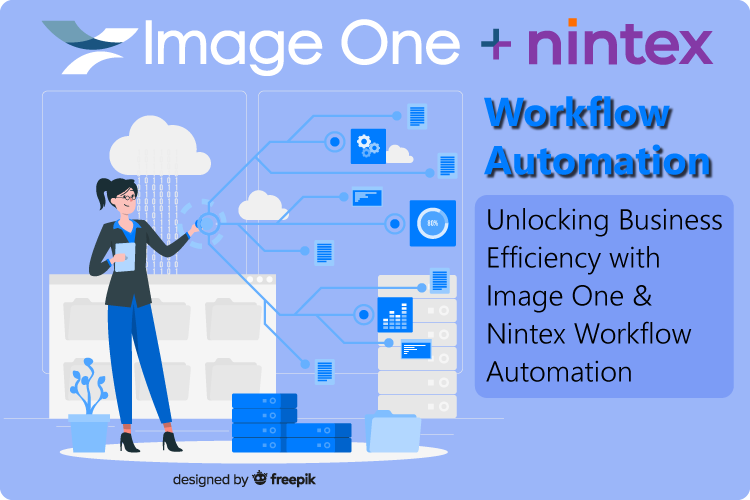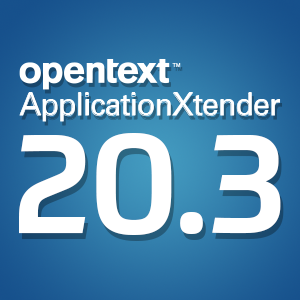Automation, paperless key for attracting millennial workers
Wednesday, April 16, 2014When it comes to recruiting the millennial generation and attracting them to key positions, businesses need to ensure they are leveraging the latest technology and practice innovations. Millennials grew up in the Internet age, and firms that aren't properly embracing the cloud, mobility and business process automation will have a hard time attracting these professionals to their ranks, because they simply aren't keeping up with the times.
"It's amazing how many [manufacturers] are still manual in their warehouse and supply chain – paper based," Tim Wills, vice president of marketing and support with Peak-Ryzex, which is a Motorola Solutions channel partner, told Urgent Communications. "These are market leaders, names we would all know, and they're really trying to take their business to the next level of productivity by putting that capital investment in their infrastructure."
Beyond simply investing in wireless LAN solutions, optimizing inventory management and other paperless systems, firms need to consider optimizing their processes with document management software and automation efforts. The migration from paper to paperless operations allows businesses to streamline workflow around not just computers, but mobile devices, cloud computing and other innovation solutions for efficiency. Properly leveraging them means implementing standards of information management – namely paper conversion services.
In the manufacturing industry, such efforts will pay off immensely – driving efficiency and productivity gains well beyond efforts seen previously. Ultimately, the implementation of automation and paperless workflows will help firms achieve key output goals and deliver on efficiency promises that they never deemed possible before. The first step is migrating information to digital formats through paper conversion services and the appropriate software to manage documents and data.
Brought to you by Image One Corporation, providing complete information governance since 1994.




